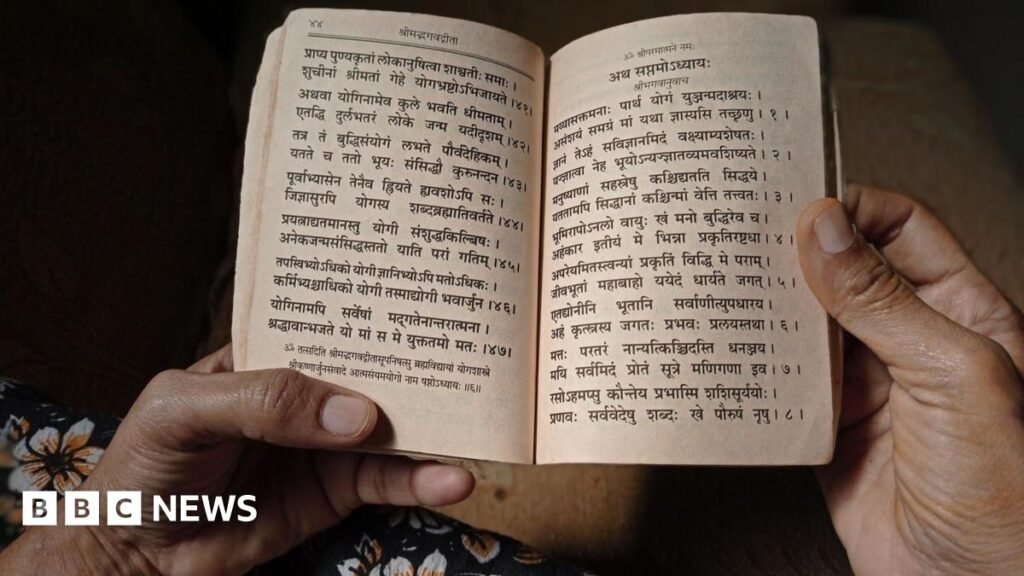The program sought to compile a comprehensive collection of Indian fiction in all languages. “Politics has produced an enormous number of detective stories and novels of no lasting value,” Patterson wrote.
In 1963 the choice for purchasing books was narrowed to “research material” – and the consumption of fiction in many languages was halved. Until 1966 more than 750,000 books and periodicals were sent to American universities from India, Nepal, and Pakistan, with India transferring more than 633,000 units.
“We have sent works like History of India from 1000 to 1770 AD, Handicrafts in India, Hindu Culture and Personality: A Psychoanalytic Study and many more,” – the report, external at a meeting at the US Library on the program in 1967 said.
Todd Michelson-Ambelang, a librarian in the Department of South Asian Studies at the University of Wisconsin-Madison, wonders if the vast collections from this region in US and other Western libraries have taken away literary resources from the Indian subcontinent.
Founded during the height of the Cold War and funded by PL-480, his university’s South Asian Center grew its library to more than 200,000 titles by the 21st century.
Mr Michelson-Ambelang told the BBC that taking books out of South Asia through programs such as PL-480 “creates gaps in knowledge”, as researchers from there often need to travel to the West to access these resources .
It is unclear whether all the books purchased by American universities in India at that time are still available there. According to Maya Dodd of India’s FLAME University, many books currently unavailable in India can be found in the University of Chicago library collections, all of which are stamped “PL-480”.
“For the most part, the books that came through the PL-480 program are still available in South Asia. But preservation is often a problem because of white ants, pests, and lack of temperature and humidity control. In contrast, most materials in the West remain well preserved through the preservation and conservation efforts of our libraries,” says Mr. Michelson-Ambelang.

